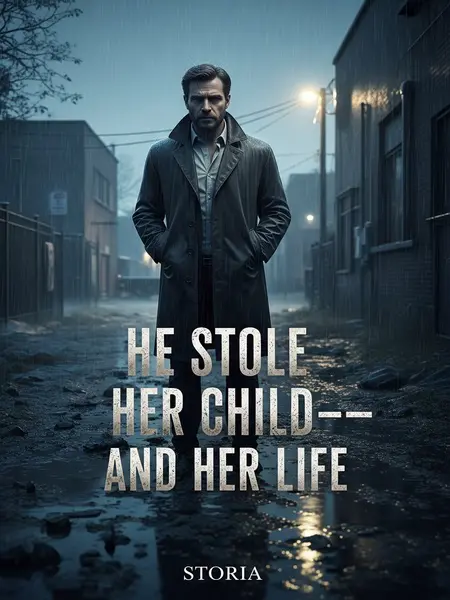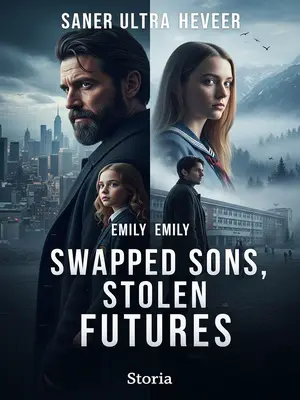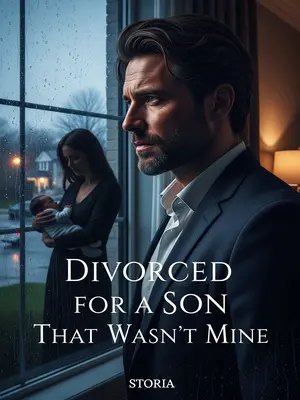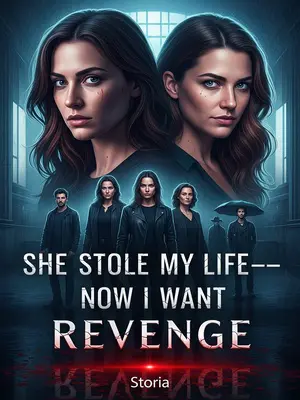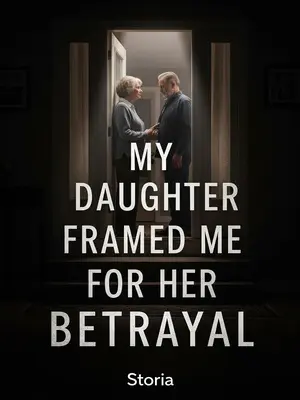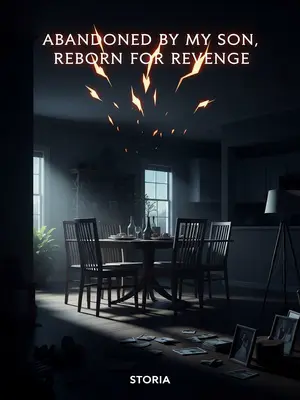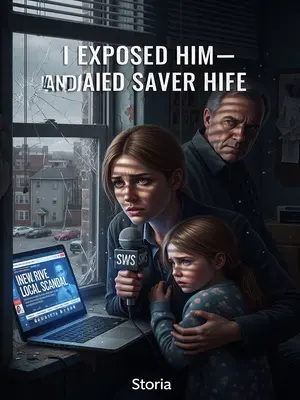Chapter 1: The Storm and the Shadow
Twelve years ago, I was thirty-four—doing well on the city’s homicide squad.
Back then, I’d been working my way up in Toledo PD for a while. The kind of job where you know every greasy spoon open after midnight and every back road across the river. I still remember the squad room—burnt coffee, rain-soaked wool coats. God, that smell. It was a good time to be alive. Or so I thought.
I had two more years until a likely promotion to deputy chief. Then Captain Ray Callahan brought in a police academy intern out of nowhere.
Callahan was old-school—the kind of guy who’d chew you out if your shoes weren’t shined. But he had an eye for talent. When he walked in with this kid, I figured, councilman’s kid. Or maybe his nephew. You never know. Instead, he just said, “Meet your new shadow.”
The young man’s name was Lucas Reed. Surrounded by veteran detectives puffing Marlboros, he kept his head down, polite and quiet. Looked like he’d wandered into the wrong crowd. Poor kid.
He had that fresh-out-of-college look—glasses, nervous hands, and a suit with the tags still tucked inside. But he watched everything, eyes darting from the evidence board to the floor, like he was memorizing every tile pattern. Even the old-timers, all gruff voices and endless stories, seemed to sense something different about him.
Only Captain Callahan and I saw the whole case that made him a legend.
Funny thing is, you never realize you’re watching a legend in the making. Not until way later. At the time, we were just two guys in a cramped office, trying to make sense of a nightmare.
When it ended, Captain Callahan called him into his office. They talked for over three hours.
I remember watching the clock. Wondering what the hell was going on in there. The rest of us just sat in the break room, waiting for word. When Reed finally came out, he looked older—like he’d aged five years in one afternoon.
Back then, I called him Rookie Reed.
We all did—sometimes with a smirk, sometimes with a slap on the back. He never complained. If anything, he wore the nickname like a badge of honor. Hell, maybe he did.
Now, I call him Captain Reed.
And trust me, he’s earned every bit of that title. Sometimes, when I pass his office and see him hunched over paperwork, I remember that first case and wonder how much of himself he left behind that year.
That case was bizarre. No—bizarre doesn’t even begin to cover it. Even now, twelve years later, it still keeps me up some nights, especially when the spring storms roll in.
On the night of March 8, a violent thunderstorm mixed with hail swept through the north side of Toledo.
The wind rattled the windows. Streets were empty—just the kind of night when bad things happen. And no one sees a damn thing. I remember driving home, wipers barely keeping up, radio spitting out storm warnings.
At 9 a.m. the next morning, we got a call: unidentified woman’s body, northern suburbs. Brutal death. The person who found her was scared out of their mind.
Dispatch said the caller was nearly incoherent, voice shaking so bad the operator had to repeat questions three times. When we arrived, the air still smelled like ozone and wet earth. Crime scene tape flapped in the wind. A couple uniforms tried to keep the press at bay.
Low grove, sixty feet off the gravel road. Like someone wanted her found, but not too soon. The storm had collapsed part of the hillside, exposing a section of a red sneaker—that’s how the informant found her.
That flash of red in the mud—I'll never forget it. The sneaker looked almost new. For a second, I hoped it was just a lost shoe. But then we saw her, half-buried, rainwater pooling around her body. The ground was a mess of broken branches and washed-out footprints.
But the rain? Washed away just about everything. The muddy ground meant no footprints, so clues were scarce.
Even the forensics guys looked beat. Boots squelching in the muck. No one said a word. I remember one muttering, "Mother Nature’s the best accomplice a killer could ask for."
The woman was wearing a thick maternity parka, her clothes soaked in blood, lying on the ground with arms and legs splayed. There were clear strangulation marks on her neck.
Her hair was matted to her cheek. Lips, bluish gray. Parka zipped halfway, fabric torn near the collar. I knelt down—careful, always careful—and felt my stomach twist.
Captain Callahan apologized, lifted the hem of her coat, and only then did we see her abdomen had been cut open vertically with a sharp blade—and the fetus inside was missing.
Even for seasoned detectives, this was a horror show. The cut was surgical, precise. For a moment, nobody spoke. I heard a rookie gag behind me, and I can’t say I blamed him.
Didn’t matter it was spring. The horror made me sweat cold.
I’d seen my share of ugly crime scenes, but this was different. The air felt thick, almost suffocating. I wiped my brow, wishing for a cigarette—even though I’d quit years ago.
It was Rookie Reed who stayed surprisingly calm.
He crouched beside the body, taking notes, face unreadable. Not even a flicker of fear or disgust. He just kept asking quiet questions, almost to himself, like he was solving a puzzle instead of standing in a nightmare.
No murder weapon. Nothing to ID her.
No purse, no phone, no wallet. The only things left were what she wore and what the storm hadn’t washed away. It felt like the killer wanted her to be a nobody.
Twelve years ago, forensics wasn’t what it is now—fingerprints, DNA, surveillance, all lacking. We had to rely on the old ways: checking the body’s characteristics and matching them to missing persons reports.
Hours at the station. Flipping through binders. Phone calls. Leads that went nowhere. The air thick with stale coffee and the hum of old computers.
The woman looked about thirty, fair complexion—clearly someone who worked indoors. In her jacket pocket, we found a washed-out CVS receipt that barely showed she’d bought a box of IcyHot patches and a half-used bottle of artificial tears.
I remember squinting at that faded slip, trying to make out the date. The little details felt like lifelines in a sea of uncertainty. The artificial tears and IcyHot struck me as odd—every clue mattered.
With so little to go on, finding out who she was? Damn near impossible.
We went over the receipt with a magnifying glass, literally. I thought we’d hit a dead end, and even Callahan was shaking his head. But Reed was still scribbling in his notebook, eyes narrowed.
But Rookie Reed said, “Detective Harris, could she be an accountant?”
I paused mid-sentence. Mind racing. I stared at him, trying to see what he saw.
I was stunned.
I’d expected a rookie to keep quiet, maybe fetch coffee. Instead, he was tossing out theories like he belonged there. For a second, I almost laughed.
He pointed to the artificial tears: “These are for dry eyes. IcyHot patches are for swelling and pain, but pregnant women shouldn’t use them on their abdomen. If she bought them for herself, she’d only use them on her hands, feet, shoulders, or neck. When we collected evidence, I smelled menthol on the web of her right hand and her sleeve.”
He spoke softly, but there was conviction in his tone. The way he broke it down, it almost sounded obvious. I glanced at the body again, noticing the faint shimmer on her sleeve.
